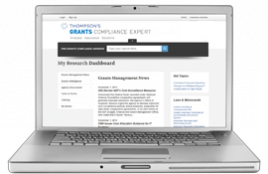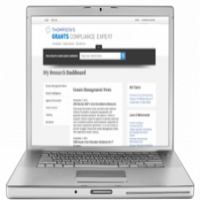Sneak Preview: Auditees Urged To Review Findings for Accuracy

(The following was excerpted from a recent article in the Single Audit Information Service.) Grant recipients should be aware that findings reported on their single audit may not always be completely accurate, and there are ways to either challenge them or to collaborate with auditors and the awarding agency to reach a more suitable agreement on corrective actions, two speakers told attendees at the National Grants Management Association’s 2020 Virtual Grants Training and Summit.
Tiffany Kesslar, Esq., partner with Brustein & Mansevit PLLC, discussed findings in the Department of Education Office of Inspector General’s (OIG) 2019 semi-annual report to Congress. OIG conducted a quality control review of a sample of single audits and found that only six (25%) out of 24 audit reviews passed based on established auditing standards, while three (12.5%) passed with deficiencies. However, the remaining 15 (62.5%) failed because audit documentation contained deficiencies that affected the reliability of the audit results (i.e., the documentation did not support the opinions contained in the report). These numbers have been relatively consistent over time, as more than 50% of audits that were reviewed in the annual OIG reports failed during four of the five previous years.
“Not every auditor may know what [he or she is] doing,” Kesslar said. “It may be an instance where the number of samples the auditor used may not be an accurate representation of [his or her] findings. A healthy thing to do is make sure that the audit company you are hiring is knowledgeable and reliable to make sure they are appropriately auditing your entity. Just because you’re getting a finding, you don’t always have to accept the finding as true.”
Kesslar and fellow presenter Bert Nuehring, partner with Crowe LLP, explained that nonfederal entities should understand the audit process. Auditors conducting a single audit will perform work in various phases. During the planning and risk assessment phases, auditors will evaluate an auditee’s procedures for internal control to understand the auditee’s level of risk. During the fieldwork phase, the auditor will request samples of transactions to review, and documentation to determine compliance. Lastly, during the reporting phase, the auditor will prepare his or her audit findings.
(The full version of this story has now been made available to all for a limited time here.)
Join us for our following Federal Grants Forums:
Federal Grants Forum: Chicago, IL | August 12 – 14, 2020
Federal Grants Forum: Denver, CO | October 7 – 9, 2020
Learn more at http://grants.thompson.com/conferences.aspx.



